The PCB stands firm in its stance that the ICC Champions Trophy 2025 must be held entirely in Pakistan, as initially planned. For the PCB, the event is not just an opportunity to showcase its hosting capabilities but also a matter of national pride. The board views the hybrid model, where India’s matches would be played in a neutral venue, as a compromise undermining their sovereignty. Moreover, accepting such a model might set a precedent, weakening Pakistan’s position in future tournaments.
Board of Control for Cricket in India (BCCI)
The BCCI is equally resolute in its position, citing the Indian government’s guidelines as the primary reason for not sending its team to Pakistan. India’s cricketing body also faces immense domestic pressure to avoid direct engagements with Pakistan, given the geopolitical context. The BCCI has proposed a hybrid model, emphasizing the safety of its players and staff while maintaining its participation in the tournament.
The International Cricket Council’s Role as Mediator
The ICC finds itself in a challenging situation. It must navigate political sensitivities while ensuring the tournament’s success. As the sport’s global governing body, the ICC is tasked with finding a solution that balances the interests of all stakeholders without jeopardizing cricket’s image or financial viability.
Fans, particularly from India and Pakistan, are deeply invested in the outcome of this meeting. While some support the hybrid model as a practical solution, others see it as a compromise that dilutes the tournament’s spirit. Social media platforms are rife with debates, reflecting the passion and anticipation surrounding the issue.
The Hybrid Model Proposal
What Is the Hybrid Model?
The hybrid model proposes splitting the tournament between Pakistan and a neutral venue like the UAE. While most matches would still be hosted in Pakistan, India’s games would be relocated to the neutral venue. This model is an attempt to address security concerns raised by India while allowing Pakistan to retain its hosting rights.
Under the hybrid model, teams traveling to Pakistan would play their scheduled matches there, while India’s games would take place in the UAE or another agreed-upon neutral location. Logistically, this requires additional resources, including separate venues, travel arrangements, and broadcasting setups.
For the BCCI, the hybrid model ensures India’s participation without violating governmental directives. However, for the PCB, accepting the hybrid model could appear as conceding to political pressures, weakening its credibility as a host nation. The ICC faces the challenge of selling this compromise as a viable solution to both parties.
Implications of the Indian Team’s Refusal to Travel to Pakistan
India’s refusal underscores the broader political tensions between the two nations. Cricket, often seen as a diplomatic bridge, risks becoming a casualty of these strained relations. The decision not to travel also raises questions about the role of politics in sports.
This is not the first time political tensions have disrupted cricketing ties. The India-Pakistan rivalry has faced interruptions before, with bilateral series often being canceled or postponed. These precedents highlight the recurring nature of such challenges in cricket diplomacy.
The cricketing community, including players, analysts, and fans, has expressed mixed reactions. While some criticize the BCCI for letting politics overshadow sports, others emphasize the importance of safety and governmental compliance.
Also Read: CSK Full Squad IPL 2025: List of Players Bought in Auction and Playing11
The Three Possible Outcomes Explained
Outcome 1: Pakistan Accepts the Hybrid Model Reluctantly
In this scenario, the ICC sides with the BCCI’s proposal for a hybrid model, leaving the PCB with no choice but to accept. This resolution would allow the tournament to proceed without major disruptions but could strain Pakistan’s relations with the ICC and other boards.
- Potential Adjustments for Pakistan: To accommodate the hybrid model, Pakistan would need to revise its hosting plans, including venue arrangements and travel logistics for teams and officials.
- Financial Impacts: While the hybrid model ensures some revenue from hosting, Pakistan would lose the full economic benefits of hosting the event exclusively.
- Fan Sentiment in Pakistan: Many Pakistani fans may view this outcome as a loss, undermining their nation’s ability to host major cricketing events.
Outcome 2: Pakistan Boycotts and the Tournament Is Relocated
If Pakistan refuses the hybrid model, the ICC may relocate the tournament to a neutral venue like the UAE or South Africa. This could set a controversial precedent, with long-term implications for international cricket.
- Possible Host Countries: UAE and South Africa emerge as the most likely alternatives, given their established infrastructure and experience hosting global events.
- Financial and Logistical Implications: Relocation would require substantial adjustments, impacting budgets, sponsorships, and fan attendance.
- Impact on Future ICC Events: A boycott by Pakistan could lead to further disputes, jeopardizing future ICC tournaments and bilateral relations between cricket boards.
Outcome 3: Cancellation or Indefinite Postponement
This is the least desirable outcome, as it would result in significant financial losses and reputational damage for all stakeholders.
- Estimated Financial Losses for All Stakeholders
- Long-Term Repercussions on International Cricket
Also Read: Pakistan Drops PoK From Champions Trophy Tour after BCCI opposed


TOPICS MENTIONED IN THIS ARTICLE
Disclaimer
Possible11 is a sports news and analysis platform designed purely for entertainment and educational purposes. All match previews, player insights, and team analyses are based on publicly available information and expert opinions. We do not promote or support betting, gambling, or real-money gaming in any form. Users are encouraged to enjoy our content responsibly and use it for informational purposes only.











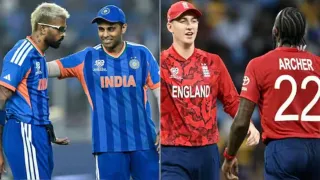
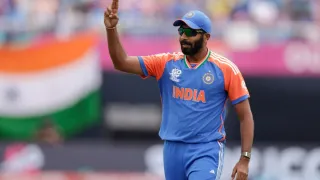
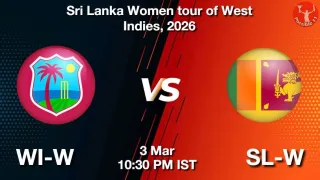
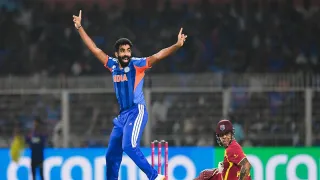
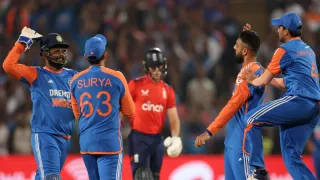


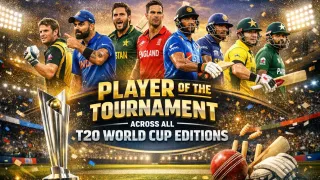

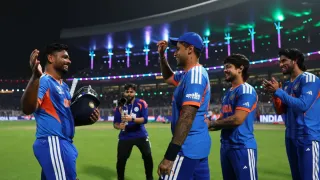
Give Your Feedback